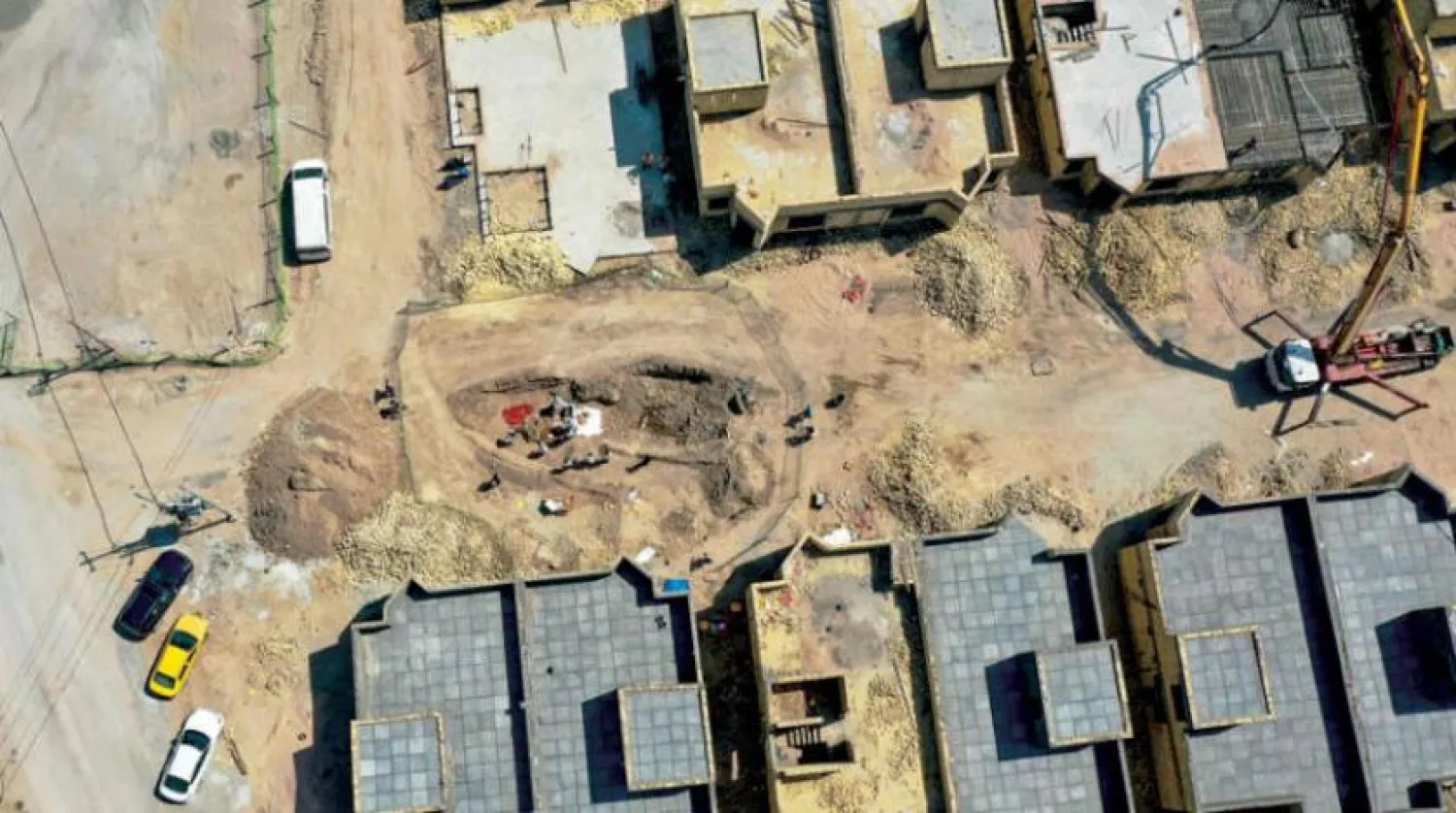Controversial statements and caveats put out by the Iraqi Defense Minister Juma Inad last Saturday spiked nationwide concerns over paramilitaries clashing with state institutions over social and political differences.
The minister’s comments followed tensions that erupted post the arrest of Qassem Musleh, a prominent leader in the Popular Mobilization Forces (PMF), an Iraqi state-sponsored umbrella organization composed of around 40 armed factions.
Inad warned of repeating history in the sense that PMF factions resorting to anti-state violence to carry out their agenda.
“How can 40 unarmored wheels carrying groups of individuals stand before an army that has the capabilities to fight a state,” said the minister, labeling recent PMF actions as a “security breach.”
Last Wednesday, Baghdad shut down its Green Zone, a heavily fortified zone in the center of the Iraqi capital.
At the time, PMF shooters were deployed across all of the zone’s gates, escalating fears of an armed conflict erupting as national counterterrorism forces and parts of the Iraqi army surrounding its vicinity.
“Whoever believes that counterterrorism operations against ISIS would not have been completed without the PMF is wrong,” said Inad, emphasizing that the army’s role in freeing Iraq from terrorism is sufficient.
However, he recognized the PMF’s part in accelerating the defeat of ISIS with the help of the Levantine country’s air force.
Fatah Alliance, which gave the PMF political coverage from 2014 to 2017, slammed Inad’s comments as provocative.
“Parliament must hold any military commander who incites infighting among armed forces accountable,” said the coalition’s lawmaker Muhammad Abdul Karim.
“The defense minister’s statement is a clear fueling of fighting between the PMF and the army,” he added.
He stressed that national armed forces clashing with the PMF would only advance the interests of foreign occupation.









